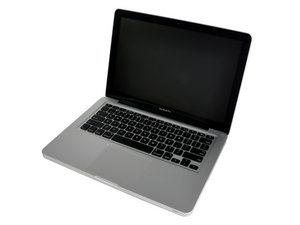Possible faulty cpu temperature sensor spikes but no errors from ASD
Hi all,
So I've been having a recurring problem on my late 2011 MBP, which from googling seems somewhat common - but I can't seem to resolve my specific problem. I am currently on High Sierra (10.13.5).
Basically kernal_task spikes to 200-5000% -> fans spin up full -> my macbook obviously then acts sluggish for 5-10 seconds but sometimes longer.
This coincides with what I think are incorrect temperature sensor readings, running TG Pro, (jumping from 50C to 100+ and then dropping back down). Now I understand that kernal_task is there for a whole load of reasons - and it is not the problem but a symptom, its purpose I believe in this case is that it thinks the laptop is overheating, so it blocks of cpu cycles to help stop the machine overheating.
Things I have tried to remedy this situation (from suggestions on other topics):
Reset PRAM and SMC
Replace non-oem battery with original
Clean fan and dust from machine
Clean heatsink, cpu and reapply Thermal paste
Clean Reinstall of OS 10.13.5
Running Diagnostics - all clear (except for battery warning, which has since been replaced)
Running Apple Service Diagnostics software (both kinds) - All clear
Run Etre check - Nothing that stands out as an issue
Run TG Pro - Here I have seen temperatures with strange values and large spikes (despite TG Pro saying "temperature sensors appear to be normal"
Additional Notes:
I have an SSD in the old HDD slot.
Running in safe mode I haven't run into the problem or at least it didn't occur in the couple of hours or so I tested it for.
It still occurs on a cloned version of my OS running via usb
My conclusion is probably that the sensor is bad and I likely need to replace the motherboard - but I'm hoping that there might still be a solution out there.
Thanks
Is dit een goede vraag?

 2
2 
 331
331  971
971 

1 Opmerking
Can you post a snapshot of TG Pro that shows all of the sensors and shows this condition (post a few snaps in quick order or a vid) so we can see the odd sensor values. Voeg afbeeldingen toe aan een bestaande vraag
door Dan